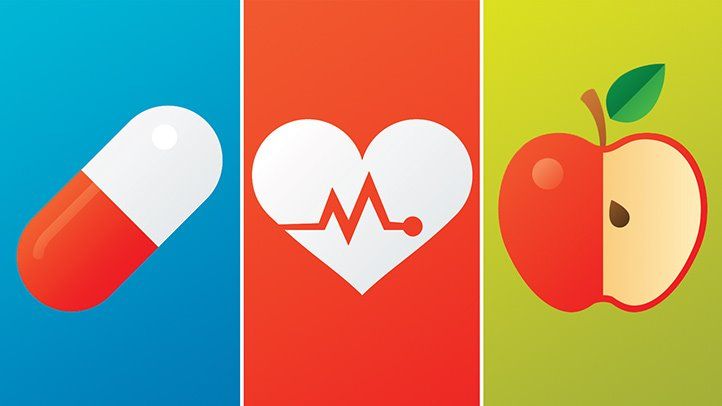World Heart Day was observed globally on Wednesday last week. It focused on harnessing the power of digital health to improve awareness, prevention, and management of Cardiovascular Disease.
This year, the World Health Organization (WHO) is asking the world to know that Cardiovascular Disease is the number one cause of death on the planet. It has many causes: from smoking, diabetes, high blood pressure and obesity, to air pollution, rare and neglected conditions such as Chagas Disease (A Disease of a genius of mosquitoes of the tribe of Anopheline).
In this time of COVID-19, Cardiovascular Disease patients are faced with a double-edged threat. Not only are they more at risk of developing severe forms of the virus, but they may also be afraid to seek ongoing care for their hearts. Cardiovascular disease (CVD) remains the world’s number one cause of death, either in developed or in developing countries.
Therefore, cardiovascular health should concern every living person in the world. From hereditary conditions to lifestyle habits (such as smoking, eating habits, exercise, and others) and societal and environmental contexts (such as air pollution), our hearts are faced with numerous threats.
Heart is the viscus of Cardiac Muscles that maintains the circulation of the blood. The COVID-19 pandemic has disrupted healthcare systems worldwide, and many patients have experienced changes in the care they receive.
Smoking, poor diet, and lack of exercise are linked with obesity, low blood pressure, and poor blood sugar and cholesterol control, all of which are risk factors that lead to heart disease. If these lifestyle factors are modified, this might decrease the risk of heart disease.
Through the Global Hearts Initiative, WHO is supporting governments around the world to scale-up efforts on Cardiovascular Diseases (CVDs) prevention and control through three technical packages: MPOWER for tobacco control, SHAKE for salt reduction and HEARTS for the strengthening of Cardiovascular Diseases (CVDs) management in primary health care.
Launched in September 2016, the Global Hearts Initiative has since been rolled out in a number of countries. In those settings, health workers are being trained to better deliver tested and affordable measures to protect people from Cardiovascular Diseases (CVDs) and help them to recover, following a heart attack or stroke. A new global initiative – Resolve to Save Lives – will give renewed impetus to these efforts.
To understand what it takes to live a heart healthy life and to act on that knowledge, changing our behaviour for a better quality of life now and in the future is paramount. As individuals, we must set examples for our loved ones. As healthcare professionals, we should help our patients to make positive changes for their heart health. As employers, we must invest in the heart health of our employees. And as government, we should implement policies and initiatives that will lead to better societal Heart Health, such as sugar, taxes, smoking bans and reducing air pollution.
Inclusive digital health must be anchored by investment, infrastructure, education, and data protection protocols. Education must include digital literacy for many who are not used to technology as a health resource, including those in the health workforce.
Digital health can and should also contribute to achieving Universal Health Coverage (UHC), a target of the third Sustainable Development Goal (SDG), and be a game changer for the more than 734 million people worldwide who do not have access to healthcare.
However, if mismanaged, it also threatens to deepen existing health inequalities. Global health justice, especially in a post-COVID world and in circulatory health, cannot be achieved without a critical understanding of digital health. Raising mass public awareness of the need for equitable access to digital health to beat Cardiovascular Disease is, therefore, our goal for World Heart Day 2021.
Use the power of digital health to improve awareness, prevention and management of heart disease, risk factors and reduction.





Comments are closed for this post.